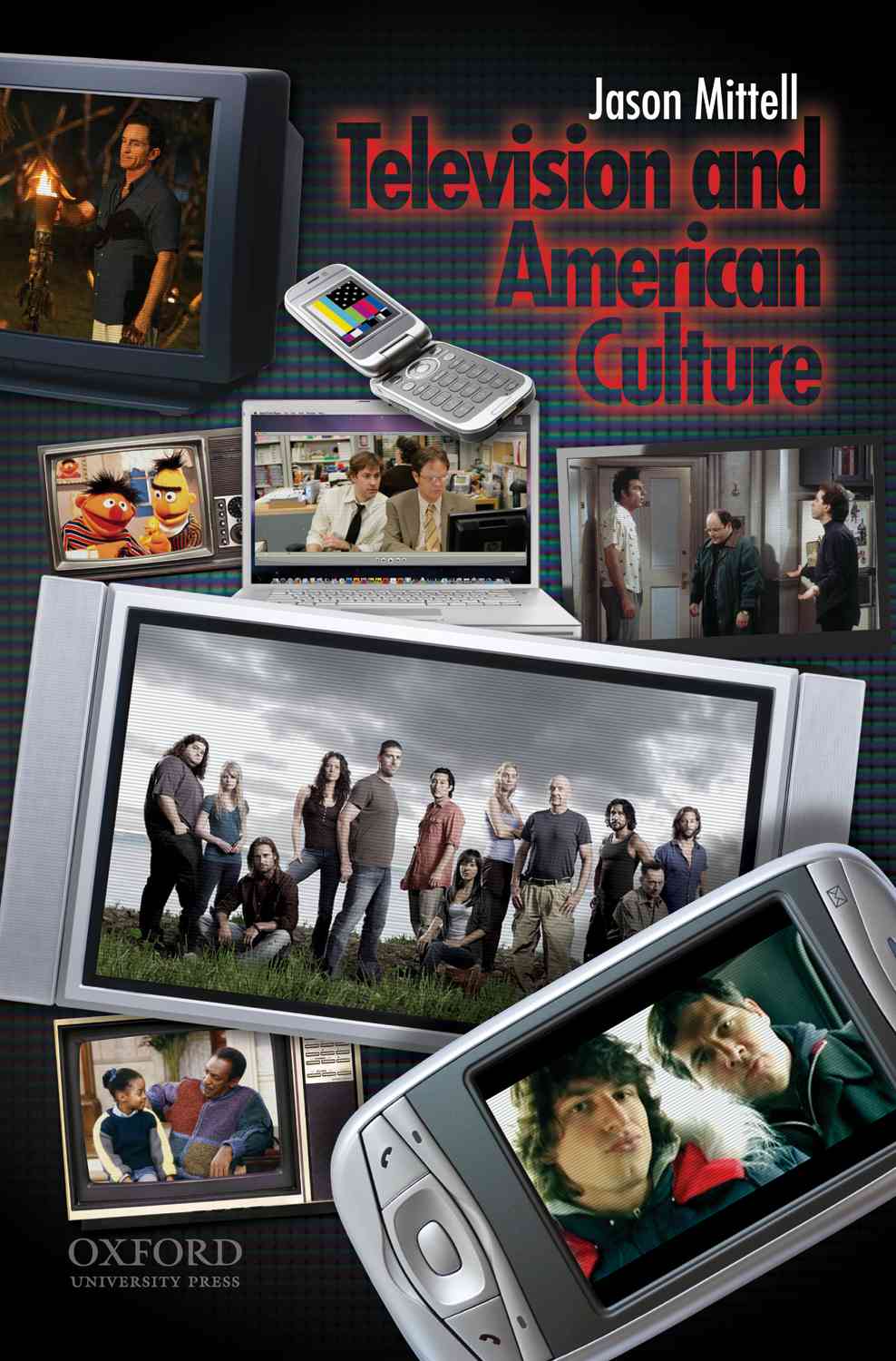Complex TV: Serial Melodrama
So.
For those readers who have been following my book-in-progress Complex TV, you may have noticed a lengthy hiatus since I last posted a chapter. Not coincidentally, the last chapter I posted was in August 2012, shortly before returning to the classroom after my sabbatical. Since then, my writing process has stalled considerably, in large part due to the demands of teaching, serving as department chair, being back in the U.S. as a homeowner, etc. – not to mention my work on another book, How to Watch Television, which is due to be published in late-August (more on that soon!). But my writing problems were not just about time and focus, as I had two chapters left to write that were causing some issues.
One of those chapters is on Endings, and I wanted to leave that for last for both poetic and strategic reasons. The other one, which I’ve been struggling with for months, was the Genre chapter. In part this was due to my ambivalence of returning to the scene of my first book, Genre & Television, as I feel I’ve said most of what I need to say about television genre. But more than other chapters, I’ve had a difficult time structuring my arguments that I did want to make, so I’ve done a lot of starting and stopping in drafting this chapter. I also decided to cut the History chapter during this starting & stopping, incorporating some of that material in this chapter and recognizing that a history of television storytelling was far beyond the scope of a feasible chapter.
Although this delay was frustrating to me (and my publisher), it turns out to have been worthwhile. Since the time when I’d hoped to be done with the chapter, I’ve read a few new pieces of scholarship (both published and forthcoming) that allowed me to rethink much of what I wanted to say, especially Linda Williams’s work on The Wire and melodrama. Inspired by that work, I’ve changed both the name and focus of the chapter to be specifically about Serial Melodrama rather than Genre more broadly. I feel the resulting shift has led to a more coherent and appropriate addition to the book, and I must thank my colleague & friend Louisa Stein for her frank feedback on an earlier draft – but you can read it and be the judge!
Here’s the (revised) abstract that will be in the book’s introduction:
One of the central narrative drives found within complex television is serial melodrama. This chapter explores the role of melodrama within contemporary serial narratives, starting with the soap opera’s debatable connection this mode of storytelling. By separating out the narrative norms of soap operas from the emotional appeals of melodrama, I argue that soap’s storytelling form is less vital to primetime serials than the discursive history that has linked seriality to the soap genre for decades. Instead, I consider how the emotional responses triggered by serial melodrama help forge the mixed-gender appeal of narratively complex series, with programs like Lost, Veronica Mars, Friday Night Lights, The Good Wife, and The Wire playing with such conventions to complicate well-established assumptions about genre categories and their gendered appeals.
Some of these bits are recycled & adapted from blog posts, including two pieces on soap operas, and my discussion of Skyler White. And I have made the decision to leave the previous versions of chapters up on MediaCommons Press, even though they are now out-of-date (in referencing this as the Genre chapter rather than Serial Melodrama), figuring that an archive of the highly-contingent writing process might be of interest to some readers.
As always, feel free to leave comments on this chapter, or any of the others that you may not have gotten a chance to read yet. I hope the hiatus to the next chapter will be much shorter, and I’ll be poised to submit a revised manuscript to NYU Press later this summer!
Thanks in advance for comments!
Filed under: Complex TV, Genre, MediaCommons, Narrative, Representations, Television, TV History, TV Shows | 3 Comments
Tags: breaking bad, friday night lights, Lost, melodrama, soap opera, the good wife, The Wire, Veronica Mars









A bit tangential, but I’m interested in the How to Watch Television book. NYU, however, gives no specifics on what’s covered through a table of contents, for example. I’d be interested in ordering an exam copy, possibly for my intro media history course or my Joss Whedon course, but if there’s just 1 or 2 relevant chapters, I’d just have my library order it for general use. Any additional info you’re allowed to release?
David – the table of contents is going live on the NYU site this week (hopefully). But I can also send you a copy to look at…